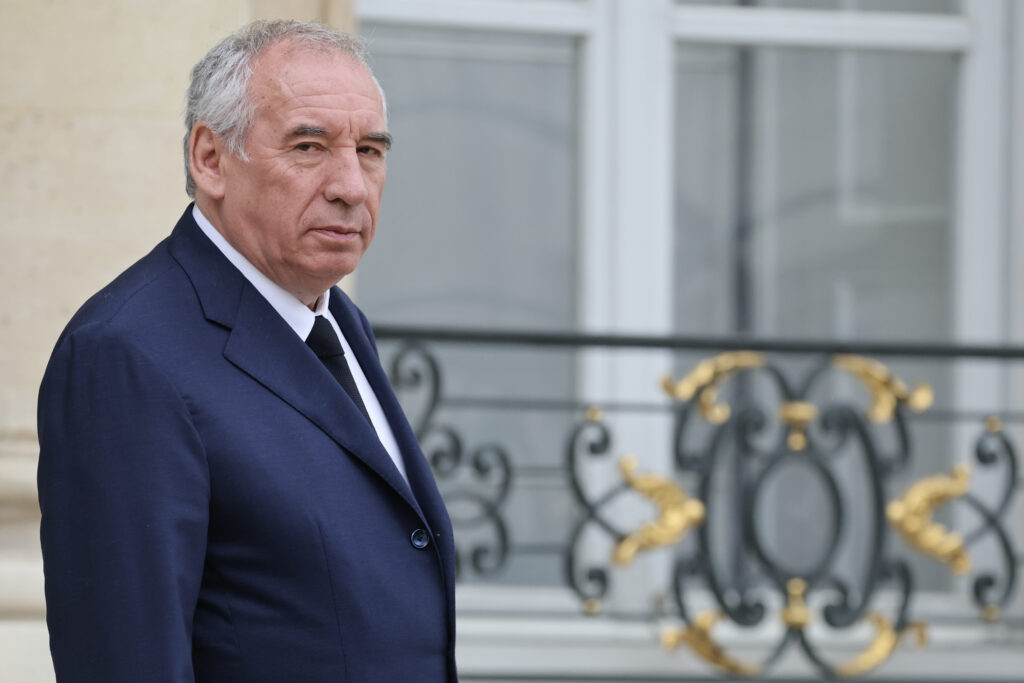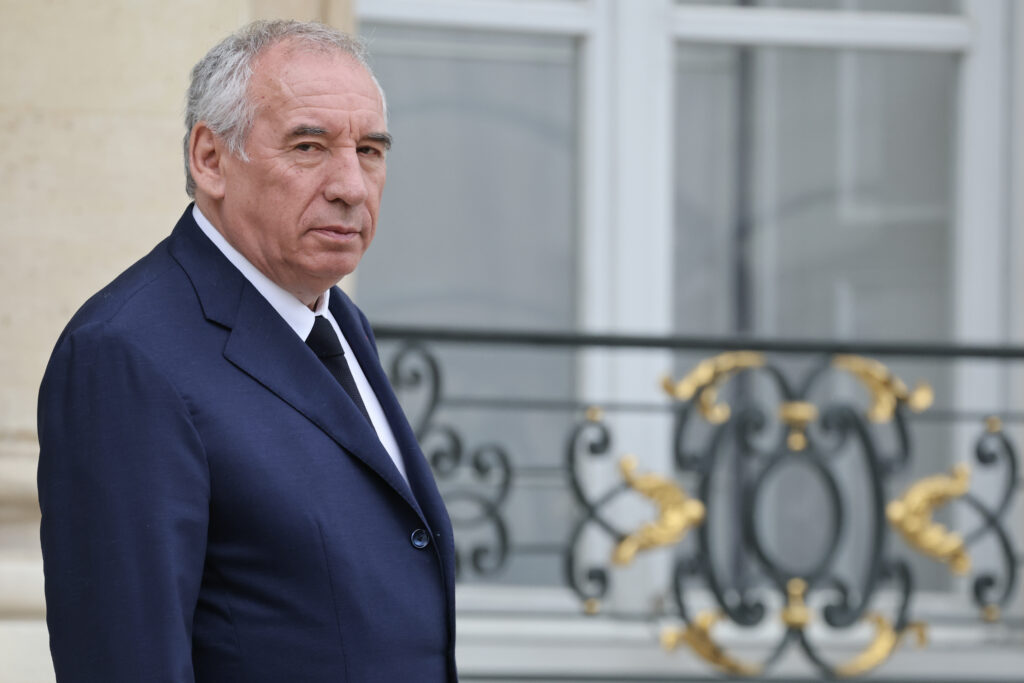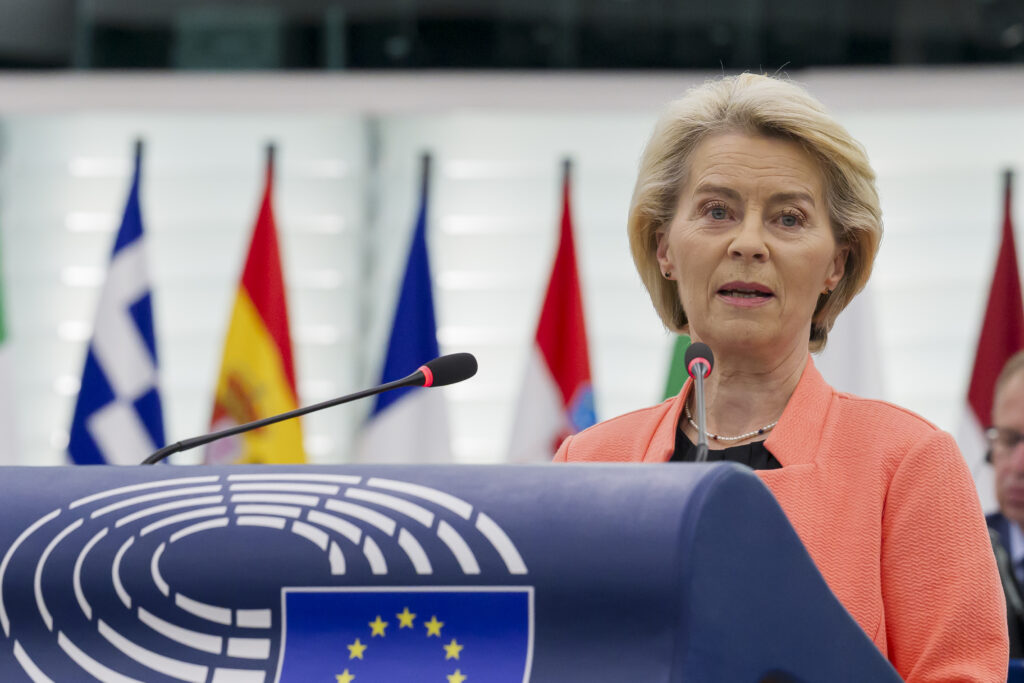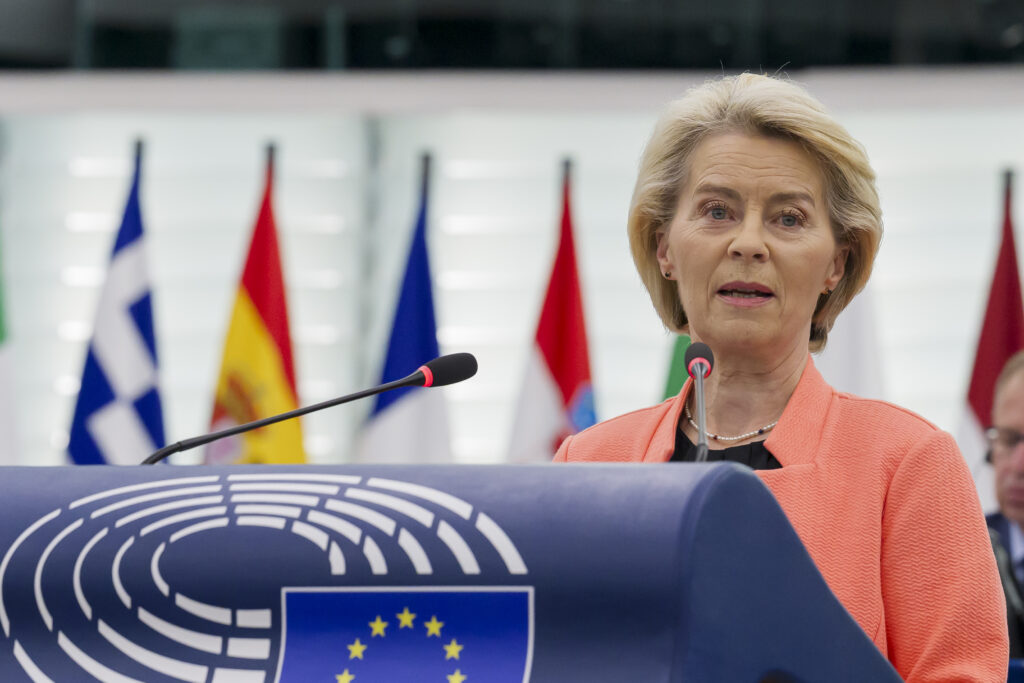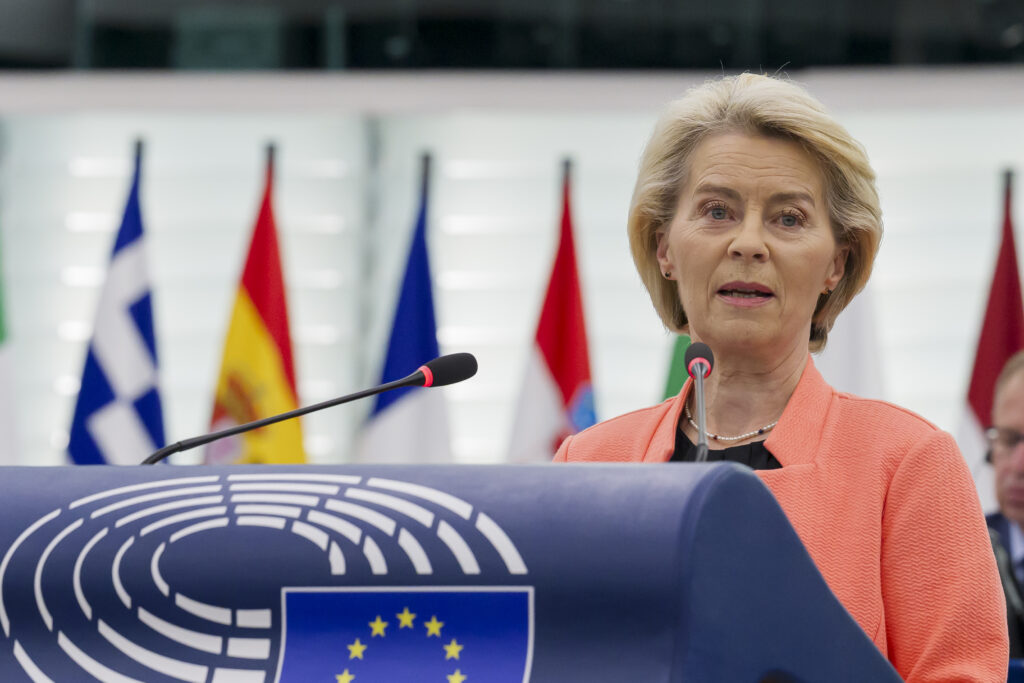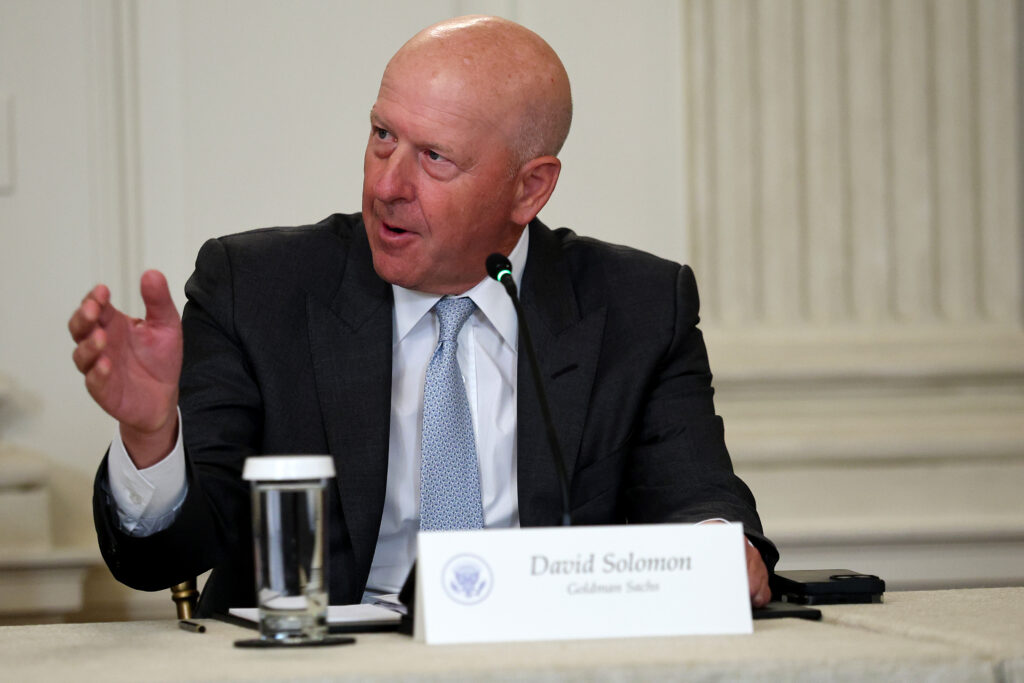Budget: critiqué de toutes parts, Bayrou veut croire un compromis possible
Certains alliés critiques, des oppositions virulentes… François Bayrou est sur la corde raide pour faire adopter son plan de rigueur budgétaire et échapper à la censure à l’automne, mais le gouvernement veut croire qu’il existe des marges de négociation du côté des socialistes.Au lendemain des annonces choc du Premier ministre, dont la suppression de deux jours fériés et le gel des prestations sociales et des retraites, pour réaliser 43,8 milliards d’euros “d’économies” en 2026, ses fidèles ont continué à défendre un effort “indispensable” et “équitablement réparti”.Emmanuel Macron a salué en conseil des ministres un plan qui a “la vertu du courage, de l’audace et de la lucidité”, selon la porte-parole du gouvernement. Depuis Lourdes, il a défendu une “stratégie solide” dont “le pays a besoin”, notamment pour “réformer”. Et si d’autres forces politiques “ont des idées plus intelligentes”, le Premier ministre “les recevra”, a lancé le chef de l’État.Il ne s’est en revanche pas prononcé sur la proposition du gouvernement de supprimer deux jours fériés. En 2019 il avait dit qu’il n’y était “pas favorable”.Mais les partenaires du Premier ministre au sein du socle commun ont semblé divisés.Le chef de file des députés Renaissance Gabriel Attal a salué sur X “la volonté du Premier ministre” de faire face à “l’ampleur du redressement budgétaire à faire, et la reprise de notre désendettement”.Alors que le patron d’Horizons et candidat à la présidentielle Édouard Philippe ne trouvait, dans Le Parisien, “quasiment rien dans ce que propose François Bayrou” qui “règle le problème”, sauf “un plan d’urgence” qui a “tout le mérite d’un plan d’urgence, mais aussi ses limites”.- “Jalons” -A droite, le président des Républicains et ministre de l’Intérieur, Bruno Retailleau, a estimé qu’un “parti de gouvernement” comme le sien “ne peut pas se défausser” sur le budget et promis de travailler à des “propositions”, tout en reconnaissant que M. Bayrou avait posé “un certain nombre de jalons” sur la dette.Dans un communiqué, il a souhaité “amender” les mesures touchant les retraités. “Tout est négociable, sauf les 43,8 milliards d’économies”, lui a répondu sur BFMTV la porte-parole LR du gouvernement, Sophie Primas, en défendant un effort “collectif”.Pour le chef de file des députés LR, Laurent Wauquiez, le plan a “le mérite de chercher des solutions” mais il doit être “corrigé et amélioré” en s’attaquant à “l’assistanat” et aux “dépenses indues liées à l’immigration”.Enfin, rien ne semblait trouver grâce au RN ou chez LFI. Dès mardi, Marine Le Pen a agité la censure avant de cibler mercredi la baisse du taux du livret A, jugée “désastreuse et confiscatoire pour les classes moyennes et populaires”.Chez LFI, le président de la commission des Finances, Eric Coquerel, veut censurer “au plus vite ce budget trumpiste” et attend “évidemment les socialistes au rendez-vous”.”Personne ne veut voter un tel budget”, a jugé le rapporteur du budget Charles de Courson (Liot), qui se demande si “le Premier ministre, en faisant cela, n’organise pas sa sortie”.- “Discuter” -Aucune censure ne pourra toutefois être votée sans le PS. Et le gouvernement veut croire un “compromis” possible comme pour le budget 2025.”Nous allons discuter avec tous les partis. Évidemment, il y a probablement davantage de possibilités de parvenir à un accord avec le Parti socialiste”, a reconnu Eric Lombard, ministre de l’Economie.Mais si le PS n’a pas fermé la porte à une discussion, il tire à boulets rouges sur la copie gouvernementale.”Les propositions du gouvernement ne sont pas acceptables et n’offrent pas de base de négociation”, a prévenu le chef de file des députés PS Boris Vallaud, dénonçant un “musée des horreurs libérales”.Les socialistes entendent discuter sur la base de leurs propres propositions, dont la taxe dite Zucman, qui consiste à imposer à hauteur de 2% le patrimoine des milliardaires.Mais le gouvernement ne veut pas de cet impôt “extrêmement injuste” qui entraînerait “une fragilisation de notre système économique”, selon Mme Primas. Il se contente de maintenir la contribution différentielle sur les hauts revenus aux contours encore flous.Pour arriver à un accord, le gouvernement mise sur le temps, les discussions budgétaires ne démarrant qu’en octobre.”On a devant nous beaucoup de temps, ce qui est une chance” même si “nous ne voulons pas que ce compromis ressemble à une entente de couloir”, a plaidé la ministre des Comptes publics Amélie de Montchalin.Mais le temps peut jouer dans les deux sens. Côté syndical, la secrétaire générale de la CGT, Sophie Binet, a appelé à la “mobilisation” à la rentrée “pour empêcher ces régressions sociales”.
